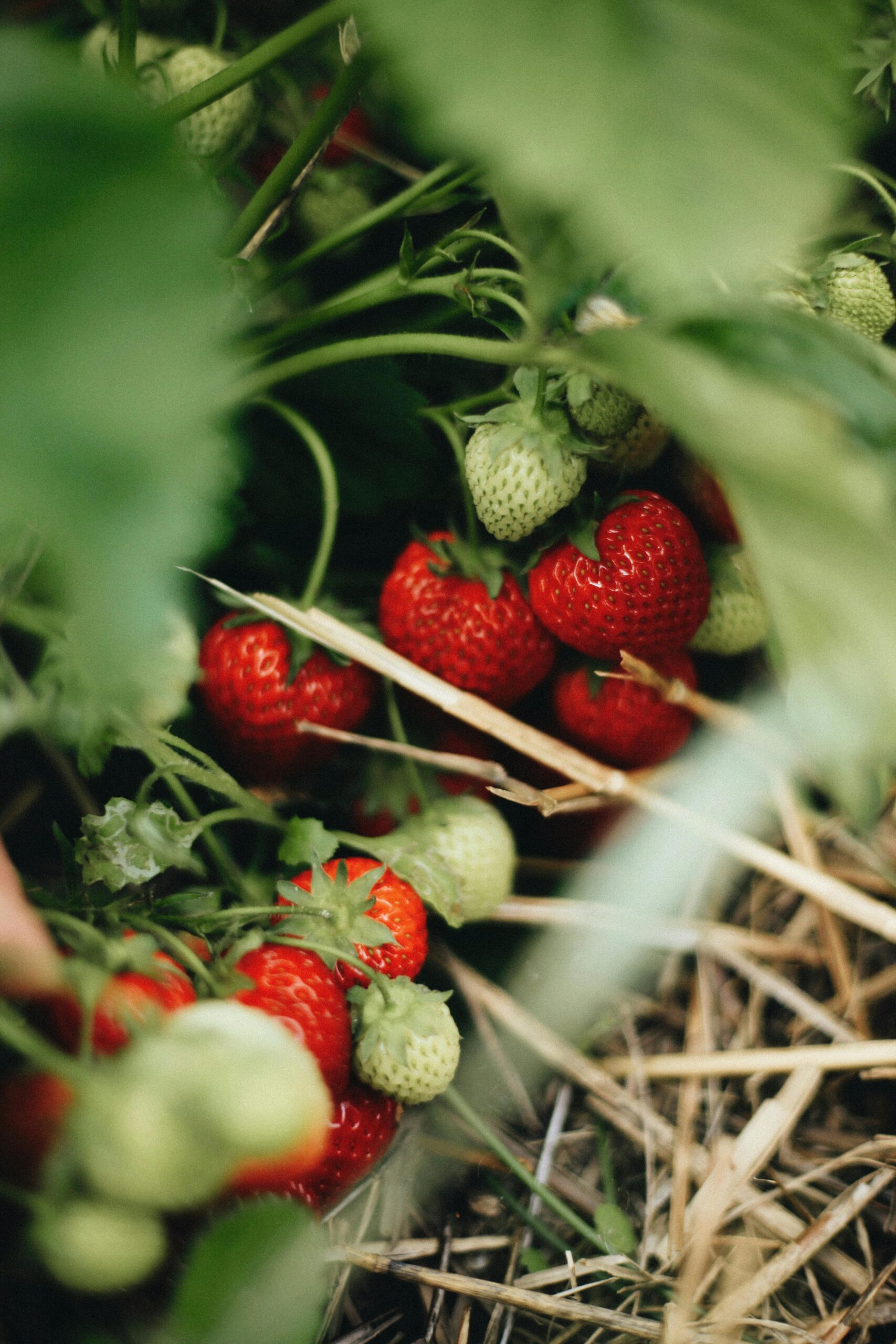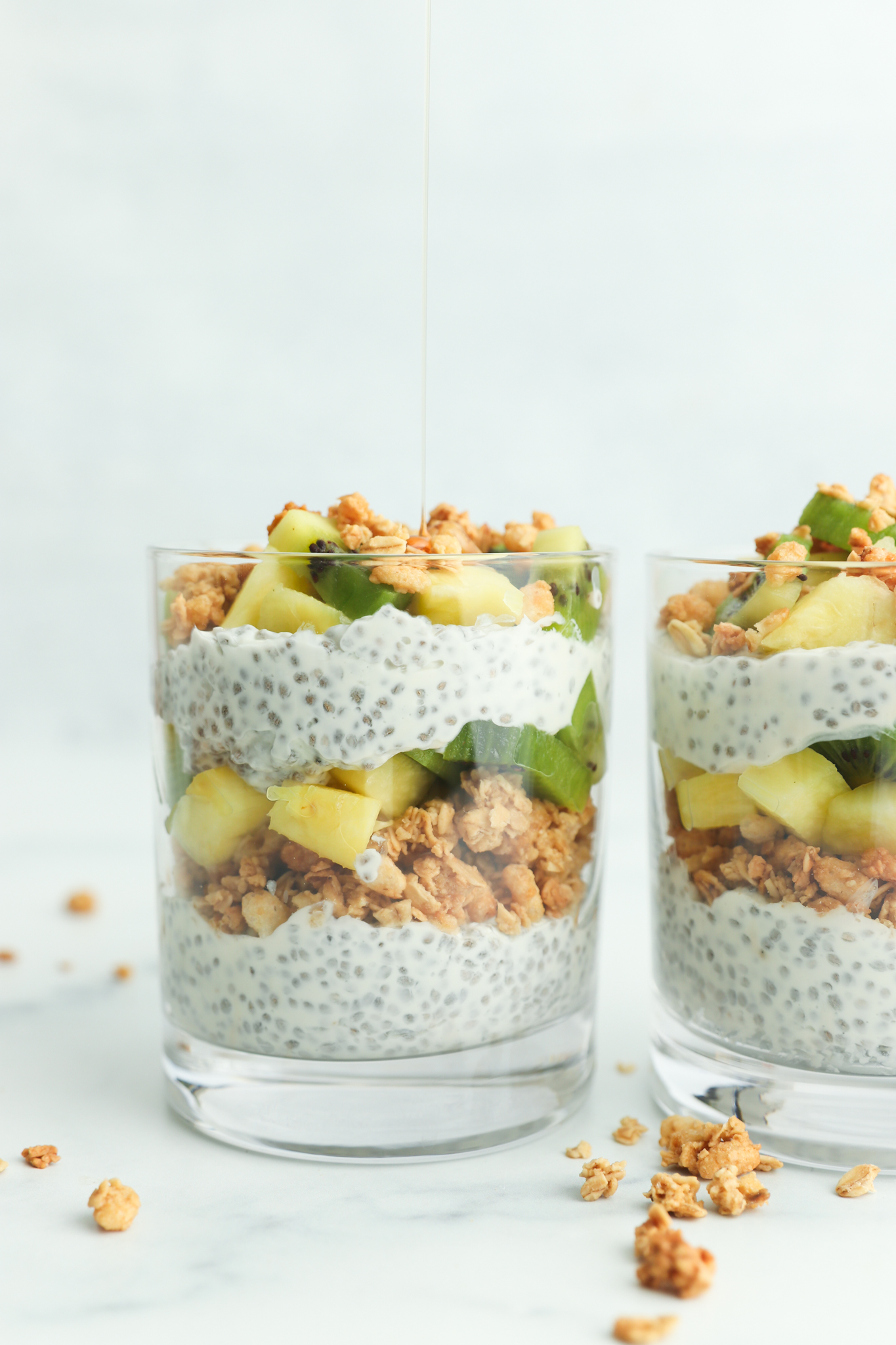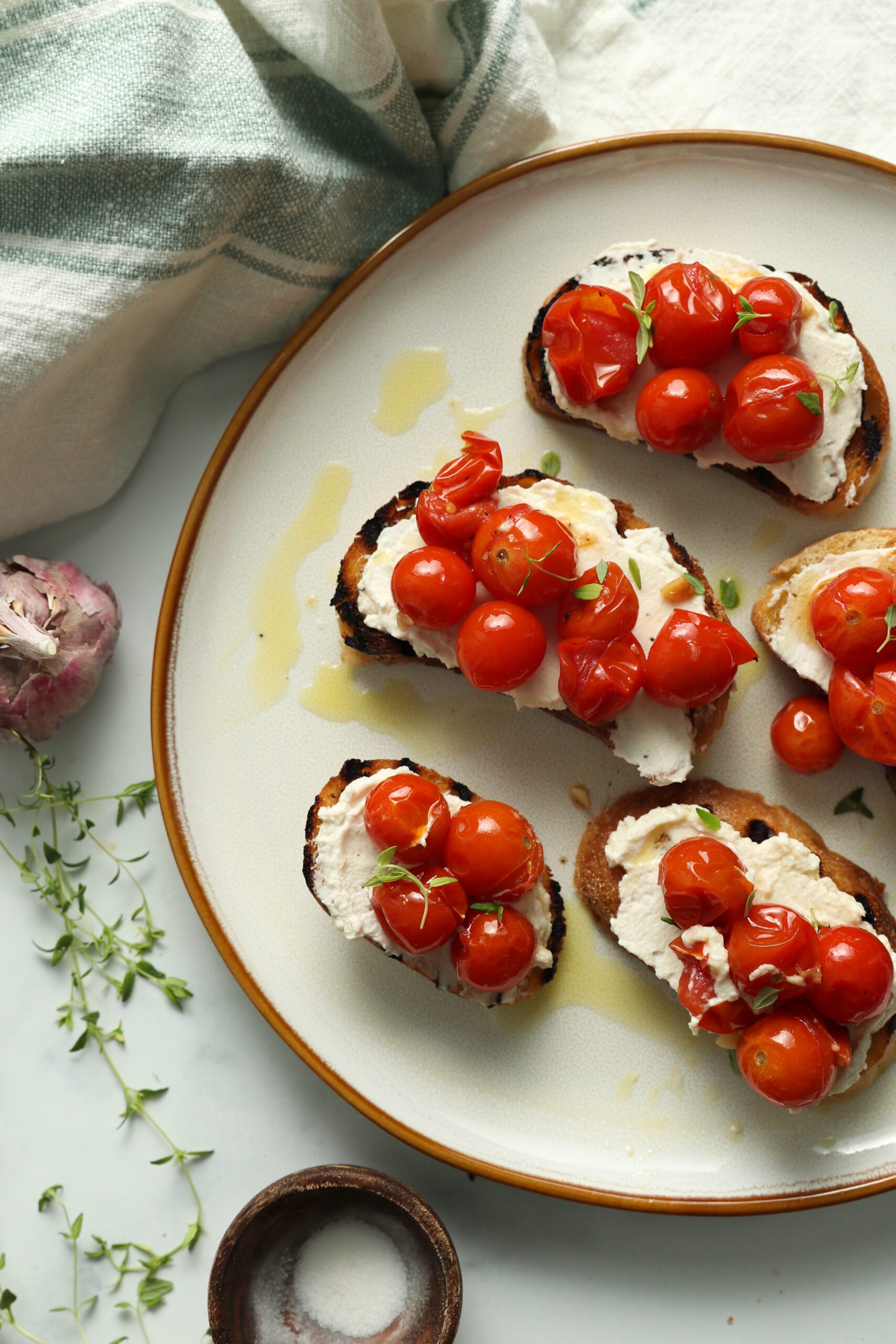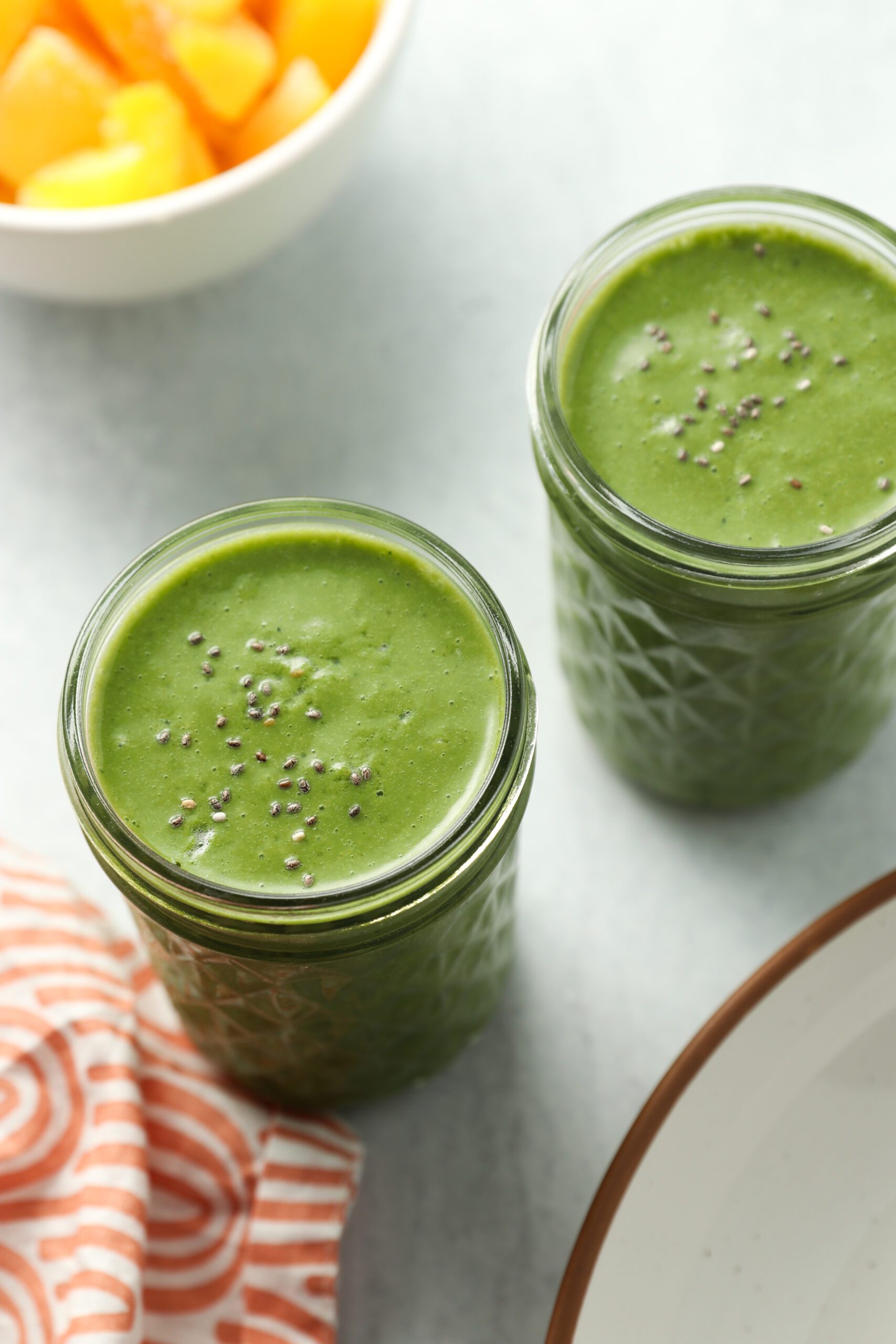This website uses cookies to improve your experience. We'll assume you're ok with this, but you can opt-out if you wish. Read More

It’s 2023, and somehow people are still trying to find the perfect diet to meet their fitness, nutrition, or body goals, instead of choosing mindful eating. I have no problem with people who have realistic, and attainable goals for their health. But, I am concerned about how little we accept ourselves through every stage of life. We are so quick to alter our bodies and our lifestyles, to meet the latest trend. However, this doesn’t bring most people peace.
“How many diets are we going to have to go on, before we learn to make peace with ourselves and our health?”
“When will we start creating goals that focus more on our overall mental health? When will we celebrate our bodies for what they can do over aesthetic looks and trends?”
Over the last few years, I’ve spent a lot of time learning about mindfulness. It can be so beneficial for us to be more present and less judgmental about our bodies & health. Around the childhood stage, we may start becoming mindful of our body, weight, and body-related beliefs and behaviors. During this stage, children may also become more aware of how the world perceives them, how they eat, and how their bodies are shaped. This is where the quest to change ourselves begins.
But what if we could stop the cycle of dieting and body shaming with mindfulness? The practice of mindfulness originates from eastern Asian and Buddhist philosophy. To be mindful is a simple invitation for us to intentionally be present, and in the moment, while being nonjudgmental of our thoughts, feelings, and present environment. Now hear me out. You don’t have to be Buddhist, be from eastern Asia, or even practice meditation to practice mindfulness. We all have the innate ability to be mindful, all it takes is an open mind and a willing heart.
Now the moment you’ve all been waiting for. How can we use mindfulness, to learn how to mindfully eat and approach our body with respect versus judgment?
Based on my research, and the information I’ve gathered from this evidence-based article, I found five major ways that we can learn to eat mindfully.
1. Eat slowly, and don’t rush your meals.
Most of us barely cut and chew our foods before it ends up in our stomach. Taking time to actually chew what you are eating, and savor the aroma and flavors can enhance your eating experience. It can also help you to become more mindful of overeating. (Please note: If you’re having a busy day, and have a short time to eat, try your best to eat mindfully with the time you have.)
2. Bring awareness to your eating experience.
We spend a lot of time putting food in good or bad categories when food is really about quality and variety. Remember, we eat for a variety of reasons. Some of those reasons are pleasure, to prevent/reduce disease, and to also fuel/nourish our bodies. Instead of judging yourself for having fries, consider a non-judgmental approach. Such as eating french fries, and observing how it make you feel physiologically, mentally and emotionally. As you gain that awareness, it allows you to make eating decisions that align with your wellbeing.
3. Pay attention to your satiety signals.
Have you ever noticed that when a toddler is full, they start playing with their food? If you noticed this, you may realize that this is one way toddlers show us that they’re honoring their fullness. We too can be aware of our satiety signals, by honoring when our stomach is full, and not stuffing ourselves till exhaustion. That experience is known as the gut-brain connection, and is our body’s way of letting us know when we’re full.
4. Be aware of your natural hunger scale.
Sometime we can miss our body’s natural hunger cues due to being busy, bored, or being fixated on the task at hand. Hunger usually may start with the feeling of slight emptiness and the thought of “I could eat something right”. As we ignore those feelings and thoughts, hunger can grow to extremely hungry, where there is a gnawing feeling in your stomach, and if further ignored, moves towards ravenous hunger. Being aware of this scale of hunger can help you with information cues to nourish yourself.
5. Be aware of any automatic thoughts, feelings, and behaviors that come with eating certain foods.
Sometimes we experience negative emotions or thoughts, around eating certain foods because of our upbringing, or social positions on weight, poverty, and food insecurity. For example, if you were forced to eat everything on your plate as a child, you may feel guilty for honoring your satiety signals and leaving food on the plate. This concept of emotional eating (or under-eating) is important to work through with a Registered Dietitian, and potentially a therapist, depending on the degree of disordered thoughts and eating. Experiencing guilt and shame when eating is unhelpful, because food is not morally good or bad. Instead, it can be helpful to think of food as a way to nourish your body, to enjoy events & celebrates, and to support your body through its various life stages.
If you found this post helpful, leave a comment, or share a message with me on Instagram!
©️ 2025 KRYSTAL GEORGE | Brand & websiTe by Maya Palmer Designs | Privacy Policy | Terms
Let's Connect
Attachment is a popularized term from the world of psychology that explains how an individual connects to another individual. Many therapists and psychologists in our society today practice attachment-based therapies, which seek to help individuals make connections between how they connected to
Strategies for Healing an Anxious Attachment
More Links to Explore
Lifestyle
Top Categories
My favorite snack to eat when I need something light and filling – crunchy, refreshing, and filled with fiber!
Fresh Spring Roll Wraps
featured recipe


